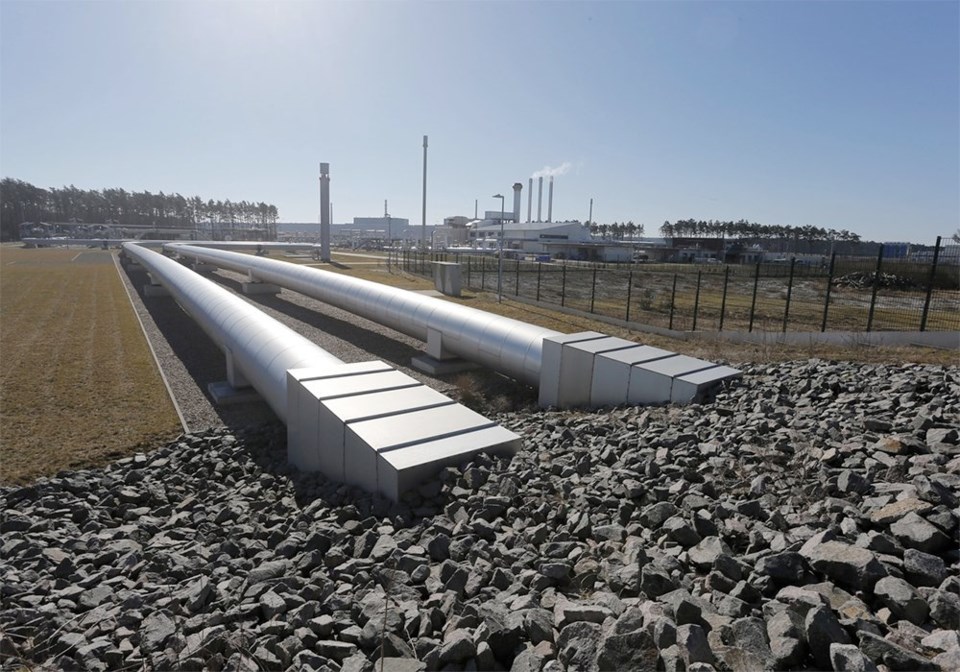WESTERN PRODUCER — Russia's ban on fertilizer exports is prolonging the bull run in that market but there is one more step that could cause a stampede, says an analyst.
Russia's industry minister Denis Manturov announced March 10 that the country is temporarily suspending exports of fertilizer products.
StoneX fertilizer analyst Josh Linville said the market was already counting on the ban, although fertilizer prices did rise somewhat in response.
But they had been climbing anyway. Phosphate prices jumped $175 to $215 per tonne on March 8.
What has Linville more worried than Russia's fertilizer ban is its threat of curtailing natural gas shipments to the European Union.
Russian deputy prime minister Alexander Novak said March 8 that the country could close a major natural gas pipeline to Germany in response to Germany's decision to halt the certification of the Nord Stream 2 pipeline.
"We have every right to take a matching decision and impose an embargo on gas pumping through the Nord Stream 1 gas pipeline," Novak said, according to a CNBC article.
"So far, we are not taking such a decision. But European politicians with their statements and accusations against Russia push us towards that."
That would be a disaster, said Linville.
"I've had several people ask me where do prices go if that happens?" he said.
"I don't know. It's almost one of those things I don't want to think about because I'm scared of what the answer might be."
One of the major reasons prices are where they are today was the curtailment in European nitrogen fertilizer production caused by sky-high natural gas prices.
Prices in Europe peaked in December 2021, leading to the temporary curtailment of 11 million tonnes of annual ammonia capacity.
Gas prices have now surpassed those lofty levels with similar consequences.
Yara International announced March 9 that it is curtailing production at its plants in Italy and France that have a combined annual capacity of one million tonnes of ammonia and 0.9 million tonnes of urea.
Russia supplies 45 percent of the European Union's natural gas imports, so if it shuts off the tap it would have huge ramifications for nitrogen fertilizer markets.
"That's going to remove a lot of tonnes from the world," said Linville.
"That is probably the worst-case scenario that's sitting in front of us right now."
In the meantime, Russia has stopped supplying the world with the fertilizer it manufactures.
The country accounts for 23 percent of global ammonia exports as well as 14 percent of urea, 21 percent of potash and 10 percent of processed phosphate exports, according to The Fertilizer Institute.
Linville said the announcement will have little impact on U.S. supplies of Russian UAN and phosphate because shipments of those products were already curtailed by countervailing duties.
He isn't too concerned about supplies of other products like urea and potash either. What does keep him awake at night is getting those supplies into the hands of retailers in the U.S. and Canada.
"I'm more nervous about the logistics than I have been in a long time," said Linville.
"I think we've got the product in North America; I just don't know if we can get it to where it needs to go."
Truckers are in short supply and are having difficulty crossing the U.S.-Canada border. Canadian Pacific Railway workers have voted in favour of strike action in Canada. And there are other disruptions on rail and water in the U.S.

